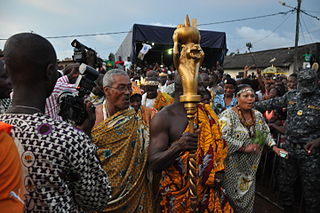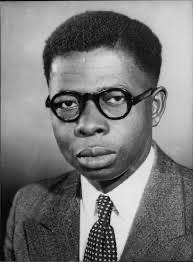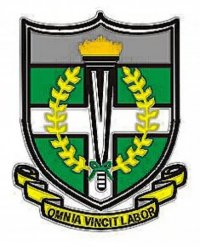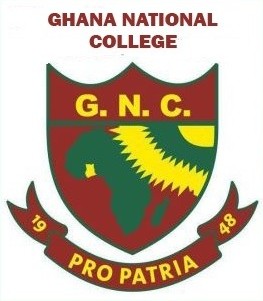
The University of Ghana is a public university located in Accra, Ghana. It is the oldest public university in Ghana.

Raphael Nii Amaa Ollennu was a jurist and judge who became a Justice of the Supreme Court of Ghana from 1962 to 1966, the acting President of Ghana during the Second Republic from 7 August 1970 to 31 August 1970 and the Speaker of the Parliament of Ghana from 1969 to 1972.

Joseph Kwame Kyeretwie Boakye Danquah was a Ghanaian politician, scholar, lawyer and statesman. He was a politician in pre- and post-colonial Ghana, which was formerly the Gold Coast, and is credited with giving Ghana its current name.

The Nzema are an Akan people numbering about 328,700, of whom 262,000 live in southwestern Ghana and 66,700 live in the southeast of Côte d'Ivoire. In Ghana the Nzema area is divided into three electoral districts: Nzema East Municipal, also known as Evalue Gwira; Ellembele; and Nzema West, also known as Jomoro. Their language is also known as Nzima or Appolo.

Ako Adjei, was a Ghanaian statesman, politician, lawyer and journalist. He was a member of the United Gold Coast Convention and one of six leaders who were detained during Ghana's struggle for political independence from Britain, a group famously called The Big Six. He has been recognized as a founding father of Ghana for his active participation in the immediate politics of Ghana's pre-independence era. Adjei became a member of parliament as a Convention People's Party candidate in 1954 and held ministerial offices until 1962 when as Minister for Foreign Affairs he was wrongfully detained for the Kulungugu bomb attack.

St. Augustine’s College is an all-male boarding academic institution in Cape Coast, Ghana. The school started at Amissano, a village near Elmina, in 1930. The Roman Catholic institution was established to serve as a training college and seminary. The school was named after St. Augustine of Hippo. The motto of the college is Omnia Vincit Labor, meaning "Perseverance conquers All". The school has a total of 11 houses.

Sir Kobina Arku Korsah was the first Chief Justice of Ghana in 1956.

Ghana National College is a senior high school in Cape Coast, Ghana.
Ghanaian Americans are an ethnic group of Americans of full or partial Ghanaian ancestry or Ghanaian immigrants who became naturalized citizen of the United States.

Charles Odamtten Easmon or C. O. Easmon, popularly known as Charlie Easmon, was a medical doctor and academic who became the first Ghanaian to formally qualify as a surgeon specialist and the first Dean of the University of Ghana Medical School. Easmon performed the first successful open-heart surgery in Ghana in 1964, and modern scholars credit him as the "Father of Cardiac Surgery in West Africa". Easmon was of Sierra Leone Creole, Ga-Dangme, African-American, Danish, and Irish ancestry and a member of the distinguished Easmon family, a Sierra Leone Creole medical dynasty of African-American descent.
Emmanuel Evans-AnfomFRCSEd FICS FAAS FWACS was a Ghanaian physician, scholar, university administrator, and public servant who served as the second Vice Chancellor of the Kwame Nkrumah University of Science and Technology from 1967 to 1973.

Francis Kofi Ampenyin Allotey was a Ghanaian mathematical physicist. Together with Daniel Afedzi Akyeampong, he became the first Ghanaian to obtain a doctorate in mathematical sciences, earned in 1966.

The Minister for Finance and Economic Planning is the Ghanaian government official responsible for the Ministry of Finance of Ghana. The Minister for Finance since January 2017 has been Ken Ofori-Atta, co-founder and former Chairman of the Databank Group in Ghana. He was appointed by President Akufo-Addo following the Ghanaian general election in December 2016. Kwesi Botchwey stayed in office the longest, first under Jerry Rawlings as Secretary for Finance in the PNDC military government and then as Minister for Finance in the constitutionally elected Rawlings government at the beginning of the Fourth Republic and was in charge of the Economic Recovery Programme under the auspices of the World Bank which oversaw major economic reform in Ghana.
The Order of the Volta is an order of merit from the Republic of Ghana. It was instituted in 1960 and is awarded to people for their outstanding service to the country.












